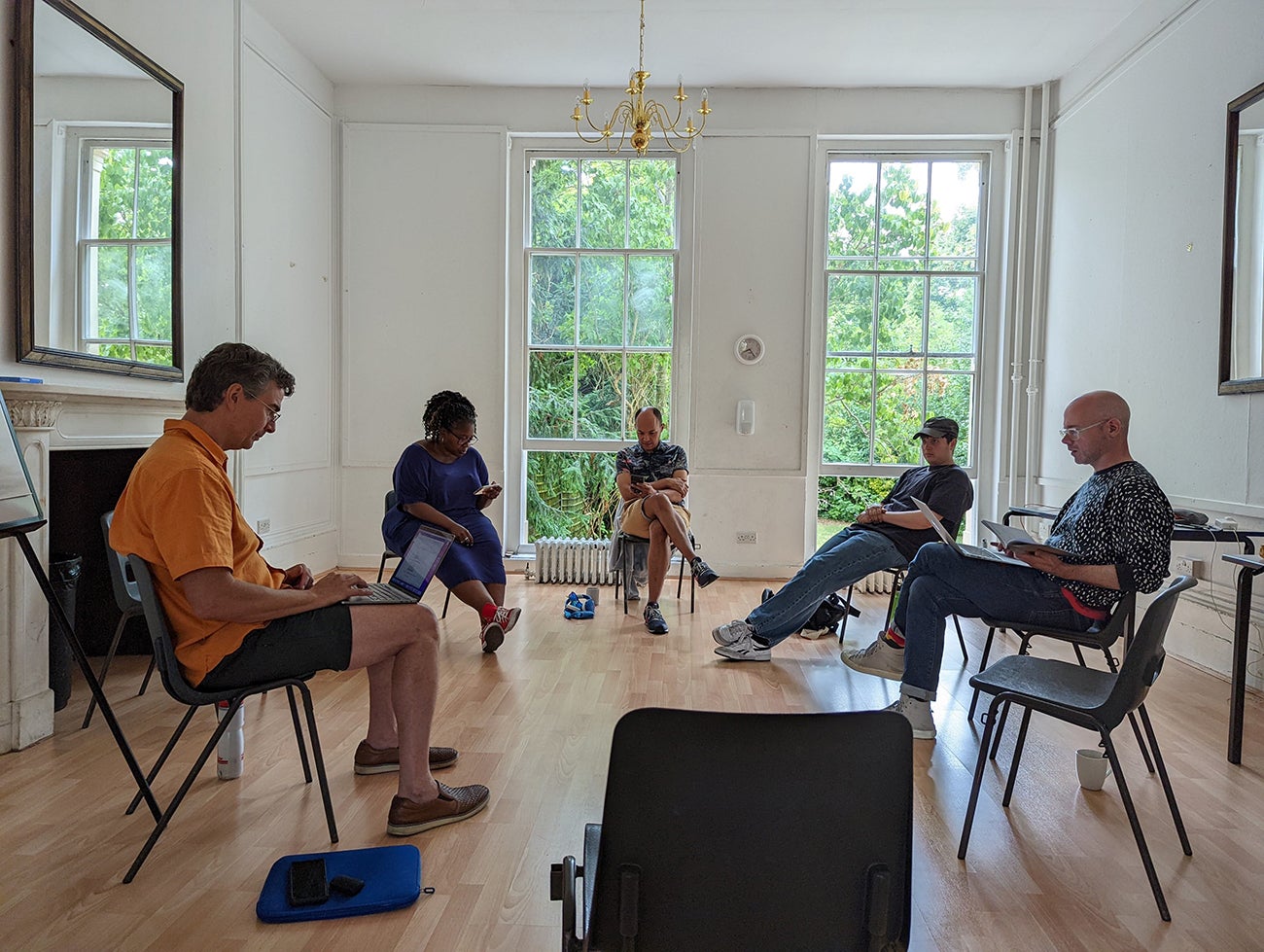
The play “Comedia Famosa de la Monja Alférez” (“The Famous Comedy of the Lieutenant Nun”), written by Juan Pérez de Montalbán in 1625, tells the true story of Catalina de Erauso. The playwright based his work on de Erauso’s fantastical autobiography, “Memoir of a Basque Lieutenant Nun Transvestite in the New World.”
To call de Erauso’s story remarkable is selling it short. Born as a woman in 1592, de Erauso escaped a nunnery, adopted the name Antonio and began dressing as a man. de Erauso jumped aboard a ship with conquistadors and fought in wars in Chile and Peru for 17 years. King Felipe IV granted de Erauso a military pension. Pope Urban VIII gave a papal dispensation to de Erauso so that he could live as a man.
Mac Test, a professor in the School of the Arts, translated the 400-year-old play from Spanish into English for the first time in 2018 with co-translator, Marta Albalá Peregrin. In fall 2019, Test staged its first live reading in Boise with the help of local and visiting actors, and members of the Boise State faculty. During the pandemic, Test worked on the script via Zoom with a London theatre company and led Boise State theatre students who workshopped the play remotely with professional actors.
In the summer of 2022 – delayed two years by the pandemic – Test brought his translation to London for a weeklong workshop at the British American Drama Academy. He worked with the actors all day, then wrote for hours each night, rewriting or reworking scenes.
“Zoom could never match working with actors face-to-face in a room,” Test said. “The energy in the room each day was amazing,” he added, giving credit to company director Paul O’Mahoney “for bringing together an amazing group of actors who embraced the project wholeheartedly.”
Two years of COVID delay were actually beneficial, Test said because they allowed the script to “percolate longer.”
“What we worked on in London this summer is a much better script than what was read in 2019, and the final script is much improved from the Zoom script from April 2021. It’s a long creative project.”
It’s a multi-dimensional one, too. Back in 2018, when Test was researching in Madrid, he found two pieces of piano music from an 1875 opera based on the original 1626 play. The full orchestral score is lost, but Test asked a musician to re-create a score based on the extant piano pieces. His next step is to produce a short video – including the new music – to promote the play for future productions. Test also has a contract to publish the academic translation of the play. Three gender studies scholars will write essays for the book.
For more, read a 2020 story about Test’s work and the Boise production.